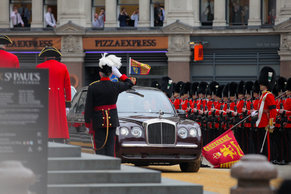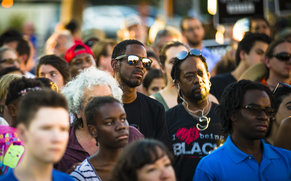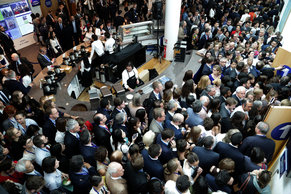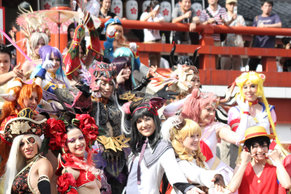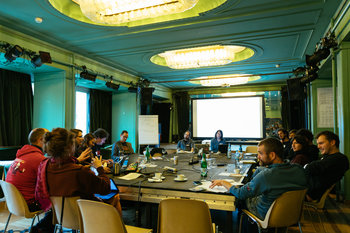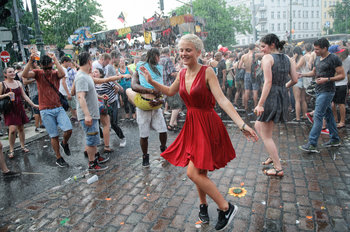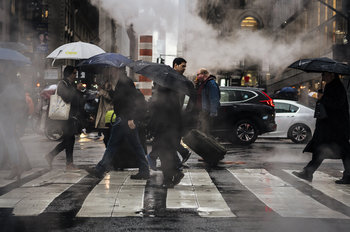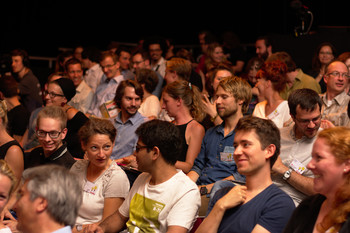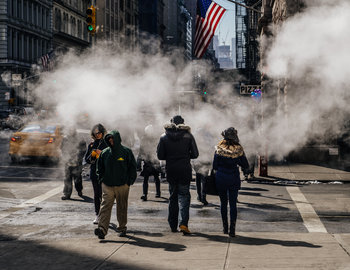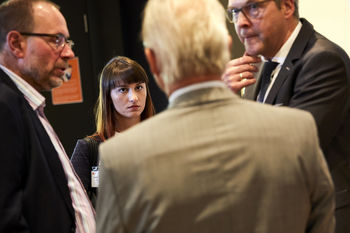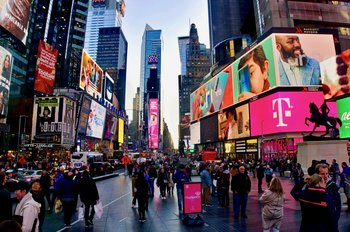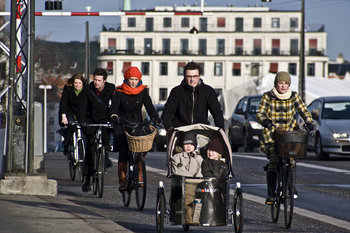Modesty is the color of virtue. ~ DiogenesVirtue signaling is the conspicuous communication of moral values and good deeds. This has negative connotations as it is commonly used to denote virtuous actions and statements are motivated by a desire for social status and self-satisfaction. The following are illustrative examples.
Social media posts & likes for a social cause without making any sacrifice for this cause. | Donating to a cause when asked because you don’t want to look bad even though you doubt the donation will do any good. |
Advertising that aligns to trendy social causes. | A firm that makes relatively minor contributions to a cause and then uses this to promote their brand. |
A public speaker who drops the name of a cause they have supported in order to present themselves as a good person. | A volunteer who spends much time talking about how they volunteer in order to promote themselves. This can occur where actual hours put in volunteering are negligible. |
A politician who “works” in the kitchen of a community food service for 15 minutes as a photo opportunity. | A consumer who buys an expensive environmentally responsible brand who does so for the social status they feel this represents. |
Greenwashing whereby a brand pretends to be environmentally responsible when they are not. | Saying ostensibly virtuous things that you don't believe because you think that this is what people want to hear. |
Performative activism motivated by a desire to get photos and other media to post online. | Real activists who do what they do for social status. |
Publicizing your donations in order to get credit. | Empty corporate support for various causes. |
Public shaming whereby you demonstrate outrage at others based on some story you have heard about them in order to position yourself as highly moral. | Cherry picking whereby you attempt to generate controversy by selecting details that make something seem more outrageous than the true situation. |
Public apologies whereby those who are criticized in social media attempt to use an apology to signal virtue. This can occur where a person or organization has done nothing wrong but sees the apology as an opportunity for promotion. | Hollow celebrity endorsements of causes or political candidates. |
Insincere social justice themes used in branding and advertising imagery. | Empty gestures such as changing your social media page for a day to support some trendy movement or cause. |
Attention to causes that are trending while ignoring other issues that aren’t currently getting much attention. | A fear of missing out whereby a person intensely wants to be involved in the latest social outrage because this creates a sense of social inclusion and belonging. |
Stating your social and environmental opinions in conversation in order to signal some desirable trait such as intelligence. | Adopting positions in order to fit in with a group as opposed to using your own capacity for critical thinking. |
Joining boycotts in order to signal inclusion in a social movement. | Moral one-upmanship whereby an individual views virtue signaling as a competition to be won by being more disapproving of the "bad" side and more supportive of the "good" side. |
Celebrities who claim to be environmentalists who consume massive resources due to their luxurious lifestyle. | Wealthy individuals who start foundations that are geared towards their own interests and self-promotion. |
Calling out others for their behavior without reflecting on your own behavior. | Media pundits and personalities who take controversial stands in order to generate free publicity. |
Persuasion
Virtual signaling is often used as a form of persuasion. For example, a public speaker who happens to mention they just flew back from helping earthquake victims before giving a speech about design innovation. Although the virtuous act is completely unrelated to the topic, the audience may be far more sympathetic and engaged due to the increased likability and respectability of the speaker.Hypocrisy
A failure to act in a way that aligns to your stated virtuous beliefs. There is often a gap between our ideals and our actual lives and this shouldn't be quickly condemned as hypocrisy where there is effort to move in the right direction. However, in some cases people who signal virtue the strongest are the least interested in actually being virtuous.Conspicuous Conservation
Conspicuous conservation is the purchase of products that signal a virtue such as care for the environment out of a desire for social status. For example, a consumer who only purchases cosmetics that haven't been tested on animals and often states this fact to friends. Conspicuous conservation may be a positive force that gives businesses incentives to produce environmentally and socially responsible products.Slacktivism
Speaking out about issues in social media without actually acting to support your causes. There is some indication that an act as trivial as hitting a "like button" can boost self-esteem. This easy gratification may reduce overall motivation to actually change the world in some positive way.Self-Righteousness
A feeling that one's beliefs, actions or affiliations are morally superior to others. This is associated with a tendency to criticise others to signal that you are virtuous. In some cases, an individual who suffers from self-righteousness has limited ability to see their own faults and is therefore unable to improve. This may lead to a vicious cycle whereby the person becomes increasingly dependent on criticism of others to support their own self-esteem.Radical Chic
Radical chic is the expression of support for radical political ideas and causes because they are fashionable at a point in time. The term implies that ideology is viewed as a fashion accessory with no underlying commitment to the cause.Greenwashing
Business efforts to appear to be environmentally or socially responsible that are more about brand image than making positive changes. It is common for firms who rank amongst the world's worst polluters to offer communications and visual branding designed to suggest they are environmentally friendly.Sharewashing
Sharewashing is when a company with a standard business model pretends to be part of the "sharing economy" as a means of virtue signaling or to avoid regulations.Political Correctness
Political correctness has several different levels. It can be used in order to be polite and to avoid unintended negative connotations. Alternatively, political correctness can be used as a form of virtue signaling whereby a group expound the virtues of a new vocabulary and characterize old ways of saying things as morally corrupt. The new "correct" words symbolize membership in a political ideology while the "incorrect" words are associated with the political opposition.Groupthink
Groupthink is the practice of adhering to the "accepted" opinions and practices of a group without challenge or open communication. This is done to create a sense of harmony and belonging. Groupthink is often a type of virtue signaling as the group typically views itself as virtuous while outsiders may be villainized. Everyone in the group carefully adheres to its orthodoxy. Self-appointed members of the group seek out and label any sign of dissent. Dissent results in expulsion from the group as opposed to debate.Social Desirability Bias
Answering questions in a way that will be viewed favorably by others as opposed to saying what you actually think. For example, pretending to align to a political ideology in order to avoid social or economic repercussions.Tribalism
Tribalism is the formation of group loyalties based on some common trait, past, experience or way of thinking. This is often associated with virtue signaling as group membership may be viewed as a virtue. In many cases, outsiders will be assigned a variety of negative traits by the group. For example, a tribe of soccer fans loyal to a local team who view themselves as intelligent, loyal and honorable whereas fans of a competing team are viewed as unintelligent and unscrupulous.Notes
The difference between virtue signaling and genuine support for a social issue comes down to your motivations more than your level of commitment. In theory, someone could be heavily involved in an issue but be completely motivated by a desire for social status and self-promotion. Virtue signaling isn't necessarily negative as it can create awareness and momentum for important issues. The desire for social status is a basic type of human motivation. If this can be directed toward doing something positive it is difficult to say this is a bad thing. Where virtue signaling is most negative is where it is completely hollow and hypocritical such that it is used to hide destructive behavior.The main alternative to virtue signaling is keeping your virtues to yourself and waiting until people notice on their own. This also implies that you not conspicuously attack the faults of others without first addressing your own faults.| Overview: Virtue Signaling | ||
Type | ||
Definition | The conspicuous communication of moral values and good deeds. | |
Also Known As | Virtue Signalling (British spelling) | |
Related Concepts | ||

